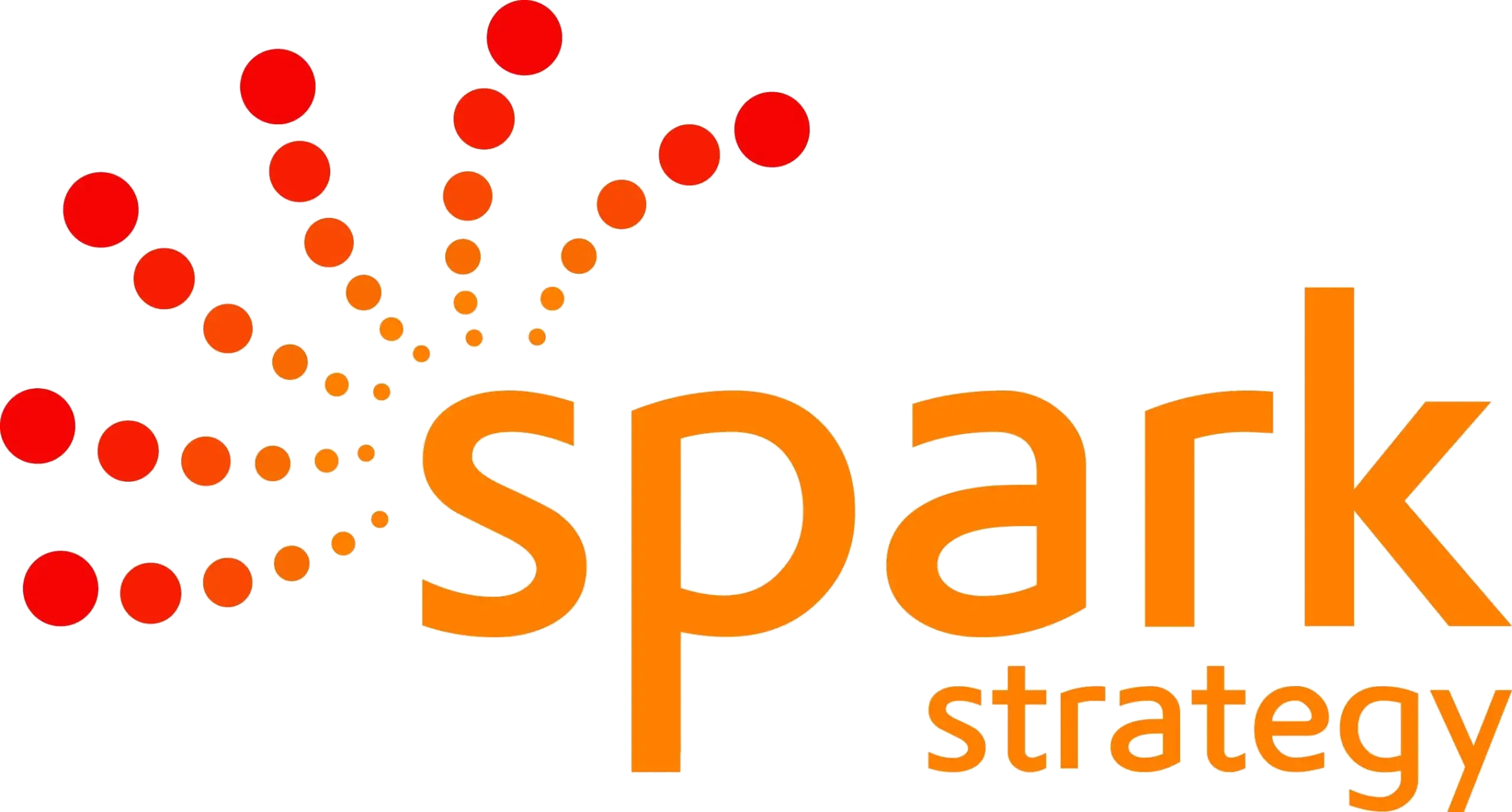The hardest part of strategic planning is often related to generating new ideas. A handy tool to help your team start thinking about what your customers value about your organisation is the Value Discipline Tool.
(Yes, Not for Profits have customers too!) This simple framework is an ideal starting point for transformation as it gives both a clear launching pad and landing zone.
Here’s a visualisation of the tool. We often use it in workshops at the beginning of our process – the Ideation stage – when working with new clients. We’ll get them to plot out where they believe (or where their customers believe) their company lies and then in which direction they’d like to be heading.
Today we’ll look at some mini case studies of companies that are leaders in each of the 3 fields. Operational Excellence: Air Arabia
Air Arabia, the first and largest low-cost carrier in the Middle East and North Africa, won the A320 Family Operational Excellence Award by Airbus.
The company achieved the highest aircraft utilization in 2008, with an amazing 99.8% operational reliability.
Operational excellence and service reliability are integral to Air Arabia’s success. In selecting Air Arabia for its operational excellence rankings, Airbus conducted a detailed technical analysis of all carriers in the segment. Air Arabia recorded the highest indicators for operational reliability and aircraft utilization reflecting the carrier’s extremely high maintenance and technical standards.
Customer Intimacy: Four Seasons
In the 60’s a would-be hotelier had two choices: He could build a small motel, fewer than 200 rooms and simple amenities at a relatively low cost. The alternative was a large downtown hotel catering to business travelers. Such hotels usually had over 700 rooms and conference facilities, restaurants, pools.
Four Seasons owner Isadore Sharp decided to experiment and combine the best of both worlds. A medium-sized hotel with good amenities, impeccable service and an intimate feel – for a premium.
Luxury, at that time, was chiefly defined in terms of architecture and décor. Sharp set out to redefine luxury as service. Four Seasons became the first to offer shampoo in the shower, 24-hour room service, bathrobes, cleaning and pressing, a two-line phone in every guest room, a big, well-lit desk; and 24-hour secretarial services.
Redefining the way it treated its own employees also helped sharpen Four Seasons’ customer focus. Rather than treating its employees as disposable, Four Seasons distinguished itself by hiring more for attitude than experience, by establishing career paths and promotion from within, and by paying as much attention to employee concerns as guest complaints.
Today, with 94 hotels in 39 countries, service remains at the absolute core of every business decision.
Product Leadership: Apple
Apple’s company motto, “Think Different,” is more than just a quick slogan. It provides a hint at how Apple maintains focus and its introspective, self-contained operating style that is capable of confounding competitors and shaking up entire industries.
Internally, Apple barely acknowledges competition. It is the company’s ability to think differently about itself that keeps Apple at the head of the pack. Present and past employees will tell stories about products that have undergone costly overhauls just to improve a single detail. Other products are canceled entirely because they don’t quite fit or perform up to par.
Apple’s culture has codified a habit: stop, step back from your product, and take a closer look. Without worrying about how much work you have already put into it, is it really as good as it could be? Apple constantly asks that question.
They strictly follow 5 rules to stay relevant and at the helm of product leadership.
- Ignore fads. They are not reactionary. They create products that they personally believe in.
- Do not back down from fights they can win. In 2007, Apple pulled all of NBC’s TV show from iTunes after the network tried to double the prices consumers pay to download the shows. NBC backed down within days, and, ever since, giant media conglomerates have been hesitant to face off with Apple over pricing.
- Flatten sprawling hierarchies. Companies with extended chains of authority tend to plod when it is time to act. Most of the decisions at Apple come from its CEO and immediate deputies.
- Pay less attention to market research and competitors. Most firms develop their products based on information obtained from consumer focus groups and imitation of successful products from other companies. Apple does neither, as the iPod and iPhone clearly demonstrate.
- Empower their most valuable employees. Sealed behind unmarked, restricted-access doors, Apple’s Industrial Design Group works without distraction. It’s just one example of many specialised teams that are given the facilities and freedom to do amazing work.
Below you can watch Spark’s Managing Director George Liacos run through the Value Discipline Tool in 10 minutes. Get an idea of how you can apply it to your own organisation and clear the fog from the landing zone.
If you are interested in learning more about business strategy and sustainable business models
Download our Whitepaper

